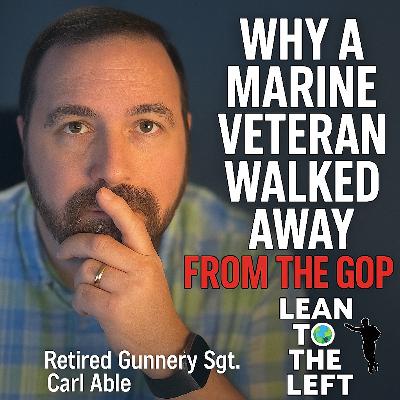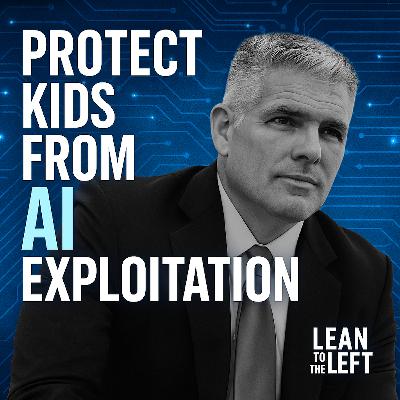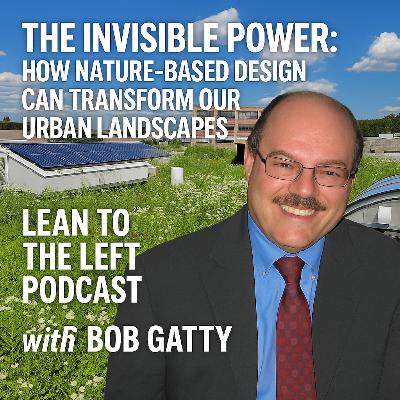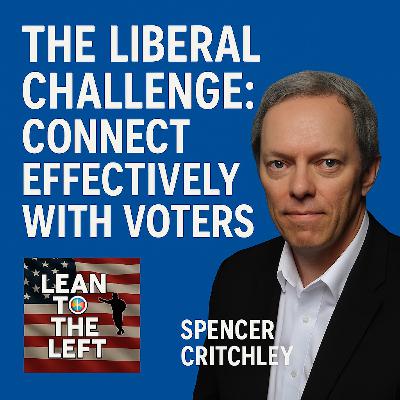
The Lean to the Left Podcast
Author: Bob Gatty
Subscribed: 15Played: 742Description
Welcome Thoughtful Americans
If you're a progressive concerned about political & social issues? You belong HERE at Lean to the Left, where you'll find no-holds-barred commentary, current political news, interviews with fascinating people, top experts, and others with incredibly interesting stories to tell. In fact, you'll never know who'll show up at Lean to the Left. It's unique and compelling journalism with a splash of humor and a dash of sarcasm.
I'm your host, Bob Gatty, presenting my take on what's happening today from a liberal, progressive perspective. You'll find info and commentary about issues like the environment, human rights, health, racism, education and other issues of concern today.
I co-authored "Hijacked Nation: Donald Trump's Attack on America's Greatness", two volumes of essays about Trump's dangerous policies. Links: Vol. 1: https://amzn.to/3WNrfjH; Vol. 2: https://amzn.to/3SSsGMM. Meanwhile, my co-author, CJ Waldron and I, are hard at work on a follow-up volume, bringing readers up to date on developments since those editions were published. So, watch for that on Amazon.
The Lean to the Left podcast, now completing its fourth year, was launched as part of our blog site, LeantotheLeft.net, which had its beginnings in 2017 in response to Donald Trump’s bullying and name-calling tactics and his attacks on the mainstream news media. Our goal was to set the record straight on Trump’s claims and divisive rhetoric, which has continued through his defeat by President Joe Biden, unfounded claims of election fraud, the January 6, 2021 insurrection, and his efforts to regain the Presidency.
I bring to this effort a wealth of experience as political journalist and editorial services company president, previously having served two members of Congress, one Republican and the other a Democrat, as chief of staff and press secretary. ,
If you share these concerns and want to stay abreast of key political developments with insight from experts and pointed commentary tinged with humor, please subscribe to this channel . For more info, please visit my website.
Website leantotheleft.net
Lean to the Left Podcast podcast.leantotheleft.net
Twitter x.com/leantotheleft1
Facebook facebook.com/notfakenews.2
Instagram instagram.com/leantotheleft1
Tik Tok tiktok.com/@leantotheleft





























This guy is very good, this podcast is very bad. All power to the workers and to hell with old liberals.
Liberalism is cancer.
25,000 dead and counting at the hands of Israel. A woman like her should be put up against a wall with the rest of her ilk. Free Palestine 🇵🇸
I would wipe my fucking ass with that Zionist's wretched old face. "Lean to the Left"